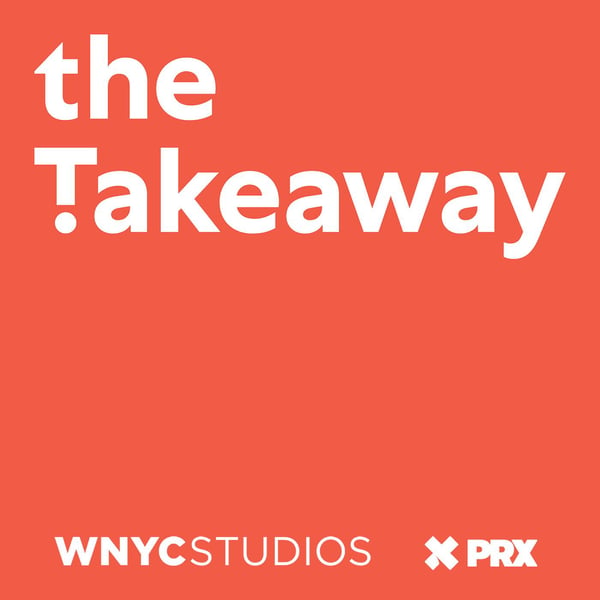Do AP Courses "Shortchange" Students?
The Takeaway
WNYC and PRX
4.6 • 716 Ratings
🗓️ 1 May 2023
⏱️ 13 minutes
🧾️ Download transcript
Summary
Transcript
Click on a timestamp to play from that location
| 0:00.0 | Hey, Lulu here, whether we are romping through science, music, politics, technology, or feelings, |
| 0:05.9 | we seek to leave you seeing the world anew. |
| 0:09.0 | Radio Lab adventures right on the edge of what we think we know, wherever you get podcasts. |
| 0:20.4 | It's The Takeaway. I'm Melissa Harris-P Perry. In the years following World War II, |
| 0:25.4 | a group of influential educators, college administrators, and philanthropists were working to |
| 0:30.0 | standardize liberal arts education in public schools. They wanted to ensure that a high school |
| 0:35.8 | education was a leg up, not only to intellectual development, but to economic development too. |
| 0:43.5 | In 1955, this working group officially launched the Advanced Placement Program, also known as AP. |
| 0:52.5 | All right, fast forward to the now. |
| 0:59.0 | As the parent of any recent high school graduate knows, AP courses are standardized college-level classes that students can take in high school. |
| 1:10.0 | Ideally, it's meant to expose them |
| 1:12.5 | to the depth, breadth, and intellectual rigor of content that they'll encounter in university classes. |
| 1:19.1 | A third of American high school students in public schools took at least one AP exam in 2022. |
| 1:26.2 | And a number of states have even mandated that their public schools offer at least one AP exam in 2022. And a number of states have even mandated that their public schools |
| 1:29.3 | offer at least one AP course. And during the past 15 years, AP courses have expanded into more |
| 1:37.3 | under-resourced schools, beginning to reach more Black, Hispanic, and low-income students. |
| 1:43.3 | In these classrooms, the primacy of the AP exam has also grown steadily, |
| 1:50.0 | particularly in the face of increasingly competitive college admissions. |
| 1:55.0 | This notion of AP as not only a bridge, but a leg up from high school to college, |
| 2:00.0 | is firmly planted, but a new book from high school to college, is firmly planted. |
| 2:01.6 | But a new book argues that instead of advancing students, AP courses are shortchanging them. |
| 2:07.8 | My name is Annie Abrams, and I'm a public school English teacher and the author of Shortchanged |
... |
Please login to see the full transcript.
Disclaimer: The podcast and artwork embedded on this page are from WNYC and PRX, and are the property of its owner and not affiliated with or endorsed by Tapesearch.
Generated transcripts are the property of WNYC and PRX and are distributed freely under the Fair Use doctrine. Transcripts generated by Tapesearch are not guaranteed to be accurate.
Copyright © Tapesearch 2025.

